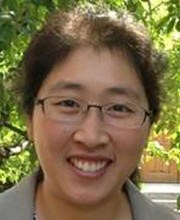This lectureship is awarded to recognise and support emerging scientists working in physical chemistry, chemical physics or biophysical chemistry, who are making outstanding contributions to their field at an early stage of their career. In 2021, nominations were open to all and were made by leading researchers from around the world. After careful deliberation, Dr Basile Curchod (University of Bristol) was selected as the 2022 recipient by the PCCP Editorial Board. In addition, the shortlisted nominees are invited to contribute to an Emerging Investigators themed collection, which will be published in 2023.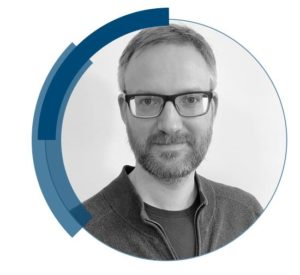
Basile F. E. Curchod was born in Vevey (Switzerland) and has been profoundly intrigued by the interaction between light and molecules since his studies at EPFL (Switzerland). During his PhD, he worked on developing theoretical tools to better understand photochemical reactions, that is, chemical reactions triggered by light. He carried on his research on this topic during two postdoctoral stays, one at Stanford University (USA) and the other at the Max Planck Institute in Halle (Germany). He then moved to Bristol (UK) as a Marie Skłodowska-Curie Fellow to work alongside experimentalists, applying his theoretical methods to understand the mechanistic details of some photochemical processes. In November 2017, he created the In Silico Photochemistry Group at Durham University (UK). In September 2018, he was awarded an ERC Starting Grant. He was promoted to Associate Professor in August 2021.
In March 2022, Basile moved to the Centre for Computational Chemistry at the University of Bristol as an Associate Professor in Theoretical Chemistry. Basile is the 2022 recipient of the Royal Society of Chemistry’s Marlow Award.
“Our group at the University of Bristol pursues a wide range of research interests, all aiming at studying the photochemistry and photophysics of molecules in silico. Its main interest resides in the development of trajectory-based methods for nonadiabatic quantum dynamics, and their extension to the description of light/matter interaction. Employing these developments and cutting-edge strategies to accelerate electronic-structure calculations, our group aims at understanding the importance of non-Born-Oppenheimer effects in atmospheric photochemical reactions (gas and aqueous phase) and the role played by athermal processes in the formation of photoproducts following a nonradiative decay.”
For more information on the In Silico Photochemistry Group, see the website www.in-silico-photochem.com and Twitter @insilphotochem
Dr Basile Curchod is awarded a travel bursary of £1000 to attend and give a lecture at a leading international event in 2023, where he will be presented his Lectureship award.
Many congratulations to Dr Basile Curchod on behalf of the PCCP Editorial Board, Editorial Office and Ownership Societies.
Nominations for the 2023 PCCP Emerging Investigator Lectureship will open this month, keep up to date with latest journal news on the blog, Twitter, newsletter and e-TOC alerts.












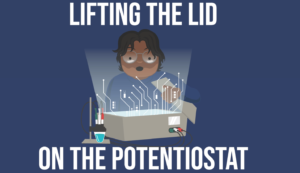

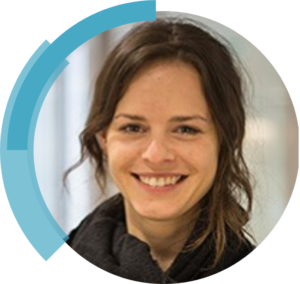

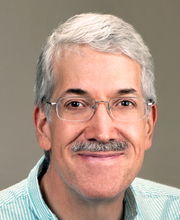
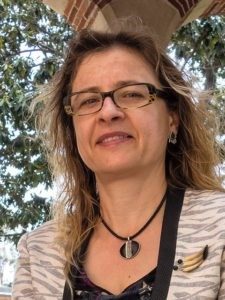 Anna Krylov (Associate Editor, PCCP)
Anna Krylov (Associate Editor, PCCP)